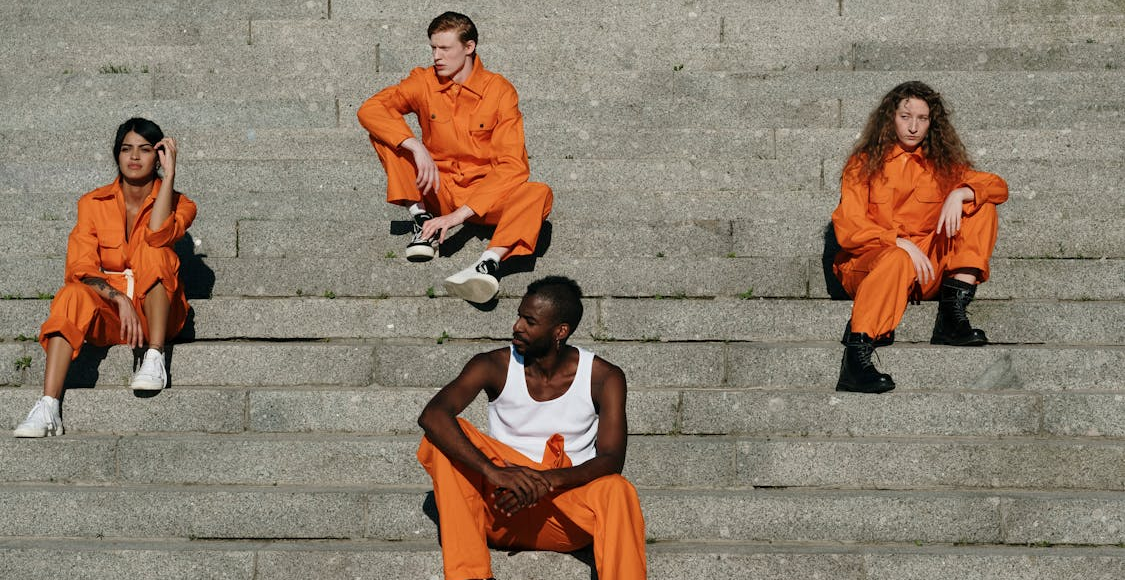7.1 Chapter Overview and Learning Objectives

Overview
“If you can’t serve the time, don’t commit the crime” is a common adage around the incarceration and punishment of people who have committed offenses and caused harm. It sounds very clear and straightforward, and perhaps it could be if it were not complicated by the institutional racism found in every single step of the criminal legal process. This chapter will examine each step from arrest to release to understand how the racist history of oppression and control has lasted from the beginning to the present day within the criminal legal system. Additionally, we will discuss the role of mass media in crime and punishment and the inequalities therein.
Learning Objectives
- Explain the racist history of crime and punishment and why the phrase “criminal legal system” more accurately describes our modern system in the United States.
- Describe the role of mass media in representing crime and justice, and how it contributes to racial inequalities in our society.
- Identify patterns of racial and ethnic justice inequalities in the U.S. court system.
- Identify patterns of racial and ethnic justice inequalities in U.S. corrections.
- Evaluate how the reentry and post-incarceration experiences of Black, Indigenous, and people of color (BIPOC) individuals may differ from those of white people.
Key Terms
- Arraignment: a court session in which people are formally told their criminal charges.
- Conditions: the rules a person must follow during probation.
- Corrections: a branch of the criminal legal system that controls the behavior of convicted persons, including probation, parole, and incarceration.
- Exoneration: officially recognizing someone’s innocence despite their conviction and letting them go free.
- Intermediate sanctions: punishments that tend to happen in the community and do not include incarceration, sometimes referred to as community corrections or community supervision.
- Recidivism: reoffending and rearrest.
- Recognizance: when an arrested individual is released based on trust that they’ll return for their court date.
- Revocation: canceling probation and sending a person to jail for failure to follow probation conditions.
- White flight: a term referring to the movement of white people from racially diversifying areas to the suburbs.
Licenses and Attributions for Chapter Overview and Learning Objectives
Open Content, Original
“Chapter Overview and Learning Objectives” by Taryn VanderPyl, revised by Jessica René Peterson, is licensed under CC BY 4.0.
Open Content, Shared Previously
Figure 7.1. Image by cottonbro studio is licensed under the Pexels License.
a form of prejudice that refers to a set of negative attitudes, beliefs, and judgments about whole categories of people, and about individual members of those categories because of their perceived race and ethnicity.
a group of people living in a defined geographic area that has a common culture
branch of the criminal legal system that controls the behavior of convicted persons including probation, parole, and incarceration

